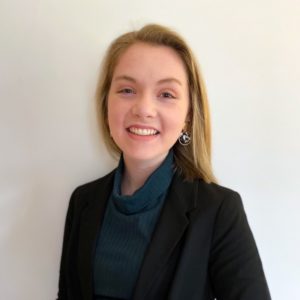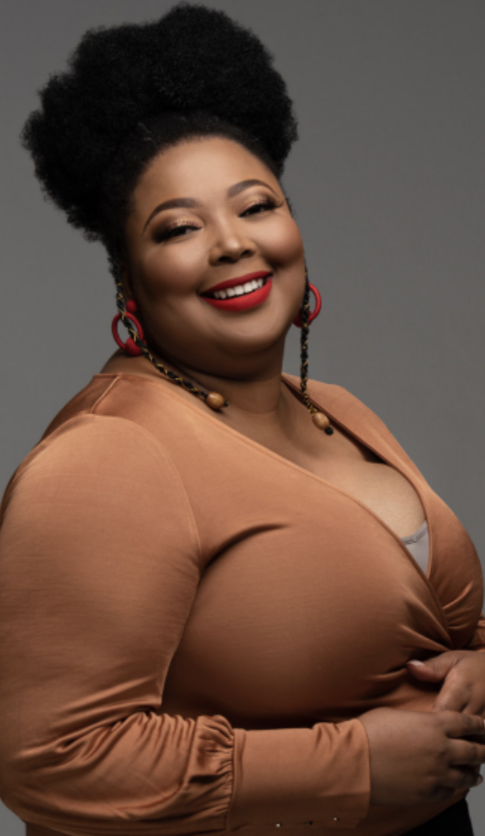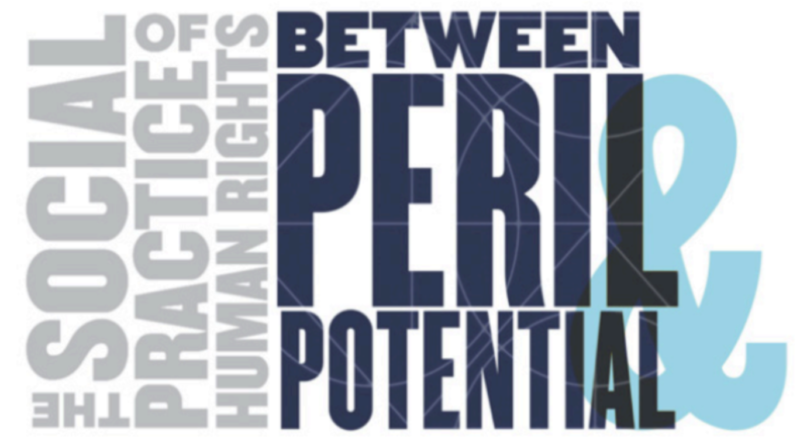UD administration disinvites UN Special Rapporteur, women’s reproductive rights advocate
The Social Practice of Humans Rights took place at the University of Dayton Dec. 2-4, 2021. Photo courtesy of the Human Rights Center.

Lauren Durham | Print Editor-in-Chief
The Human Rights Center (HRC) held its biennial conference, the Social Practice of Human Rights (SPHR), Dec. 2-4, 2021. Attendees listened to experts speak on topics related to the challenges and opportunities the pandemic created for human rights advocacy.
While a variety of experts, advocates and scholars spoke about their specific areas of study, there was one speaker absent from the conference: Dr. Tlaleng Mofokeng.
Mofokeng was invited on behalf of the HRC to attend SPHR as one of three keynote speakers at this year’s conference. She was specifically invited to discuss public health in the face of COVID-19.
Mofokeng, known in the field as Dr. T, currently serves as Special Rapporteur within the United Nations on the right to health. As a medical doctor from South Africa, she is a well-known expert in family planning, HIV care, and youth friendly services while also advocating for universal health access. Mofokeng was Commissioner at the Commission for Gender Equality in South Africa and advisor to the Technical Committee for the National Adolescent Sexual and Reproductive Health and Rights Framework Strategy in South Africa.
On Oct. 28, 2021, the HRC had been informed by university administration that Mofokeng had been officially disinvited to the conference.
“The Human Rights Center at the University of Dayton invited [Dr. Mofokeng] to speak in her capacity as the UN Special Rapporteur on the Right to Health, specifically ‘on the right of everyone to the enjoyment of the highest attainable standard of physical and mental health’ in the context of the COVID-19 pandemic,” a formal university statement said.
“As a Catholic, Marianist university, we welcome serious meaningful dialogue on critical issues of the day. However, the University has concluded that Dr. Mofokeng’s background and work related to reproduction is inconsistent with the University’s Catholic, Marianist mission and identity. For this reason, the university has withdrawn the invitation.”

The Foundation for Individual Rights in Education (FIRE) – a national free speech nonprofit that specifically works to protect students and faculty members – defines a “disinvitation incident” as, “Controversies on campus that arise throughout the year whenever segments of the campus community demand that an invited speaker not be allowed to speak (as opposed to merely expressing disagreement with, or even protesting, an invited speaker’s views or positions).”
In terms of political classifications, FIRE notes that “disinvitations on campus are usually a response to the perceived nature of a specific political stance rather than a speaker’s complete political ideology.” According to FIRE’s datatbase, there was a recorded 17 individuals in the United States from 2020-2021 who were disinvited to speak at college campuses due to controversy.
The decision to disinvite Mofokeng was made and carried out by President Eric Spina, Provost Paul Benson and Dean of the College of Arts and Sciences Jason Pierce. At the end of October, Benson and Pierce talked in person with the HRC team and conference planning committee after the decision had been made and executed.
Dean Pierce elaborated on the official statement, further highlighting Mofokeng’s background and work related to reproduction.
“Because of [Mofokeng’s] work in this area, we concluded that her participation would prompt considerable negative reactions that would really disrupt the conference and distract from the other conference presenters and speakers,” Pierce said.
Dr. Miranda Hallett, professor and associate director of the Human Rights Studies Program, was first made aware of Mofokeng’s invitation to the conference on Oct. 11 when the question of her being disinvited was raised. According to Hallett, the HRC had to “stand by and wait to hear” what the UD administration was going to decide.
“When the university uninvited her, they stopped a conversation from happening that could have been really important and valuable,” Hallett said.
With a little over one month before the conference, Hallett said that the team had to do what they could to move forward and put on a strong conference although they no longer had their keynote speaker.
Although the conference is over, Hallett is still disappointed by what occurred. In her time at UD, she has never been involved with a “de-platforming” instance like this but has read about similar occurrences at other institutions.
“Universities, even as we have an obligation to prevent the spread of false knowledge or information, we also have a strong positive obligation to support academic freedom and support inclusive dialogue by those who are qualified and who enter that space of dialogue in good faith,” Hallett said. “From what I can tell, Dr. T would have been a really valuable addition to the conference.”
Pierce believes that the university is a place where dialogue can and should occur, but within the bounds of our university’s Catholic, Marianist identity.
“I know that we are always attentive to coordinating and collaborating so that we are sensitive to, as a university, engaging in those important topics of the day, whatever they might be, and to engage in those discussions in a way that respects our Catholic and Marianist identity and mission,” Pierce said.
Hallett does not believe that Mofokeng’s work is inherently inconsistent with UD’s Catholic Marianist foundation.
“I feel disappointed that during such a politically polarized time, it feels like instead of standing up for reasoned dialogue, this avoidance of the dialogue actually reinforces a false and superficial way of understanding the relationship between Catholic and Marianist principles on the one hand and ideas and values around women’s rights and reproductive justice on the other hand,” Hallett said. “I don’t believe that those two are inherently opposed, and I’m disappointed when actions like this reinforce this false binary that makes it seem like they are.”
Pierce hopes that moving forward, “consultative planning and a respect for our Catholic Marianist teaching, identity, and mission” will be kept in mind “in a way that is respectful to our academic community.”
“I would want to draw a really critical distinction between on the one hand what takes place in the classroom, what a faculty member is teaching in the classroom, what a faculty member is researching — that orbit of academic freedom. And on the other hand, invitations to external speakers who are coming to major university-wide events, like speakers who aren’t members of our community and aren’t faculty at our university,” Pierce said.
“I do think a distinction needs to be kept in mind there. There are just different levels of considerations, consultation, and planning I think needs to go in when we’re looking at university-wide, major campus speakers.”
Hallett hopes Marianist principles like subsidiarity—decision making happening at the lowest and most affected level possible—and inclusion can be guides for decisions moving forward.
“I hope that as we move forward from this chapter there can be greater dialogue and transparency between the administration and the leadership at the center,” Hallett said. “I hope university leaders can draw on those values to work more collaboratively in these issues in the future to open spaces for dialogue.”
For more campus news, like Flyer News on Facebook and follow us on Twitter (@FlyerNews) and Instagram (@flyernews).

